
💡 Optimist's Edge: When everything becomes a service
Music, books, and movies are just the beginning. Much of the stuff we used to own now turns into a service. In this development lies huge opportunities and great business ideas for the planet and people. Let's dig in!
Share this story!
Summary
📉 What people think
In general, we do it without thinking: buy stuff. Small and large, most of us take pleasure in buying and owning everything from houses and cars to clothes and books. That's just what you do, buy and own most of what's consumed. But things are changing.
📈 Here are the facts
In many countries around the world, we see the start of a shift: from products to services and from owning to "getting access to." Most likely, you are already a part of this shift towards services.
💡 Optimist's Edge
We are still at the very beginning of an accelerating shift towards services. Knowing this gives you an edge. But how can it be more thoroughly explained? In the full article, we go through a model that gives you a powerful edge.
👇 How to get Optimist's Edge
The train already left the station, right? All the "big" things that can become a service have already done so, like music, movies, etcetera. Wrong. The shift has begun, but that also means that there is more maturity in the market.
The opportunities have never been bigger, and pretty much every market is now experimenting with services. Read the full article for inspiration!

📉 What people think
In general, we do it without thinking: buy stuff. Small and large, most of us take pleasure in buying and owning everything from houses and cars to clothes and books. That's just what you do, buy and own most of what's consumed.
But things are changing.
📈 Here are the facts
There is something special about owning something. It's yours. It's a nice feeling. But there are also obvious downsides. What you own, you are obliged to care for. You might worry about it, need to insure it, make sure it's maintained, and possibly get it sold one day. In the case of more expensive stuff, it could take a lot of saving or getting a loan. In either case, it's a substantial capital expenditure.
In other words, owning is a lot of work, both mentally and physically. A relevant question to ask is: Do you need to own that?
In many countries around the world, we see the start of a shift: from products to services and from owning to "getting access to."
Most likely, you are already a part of this shift.
What we used to own that is now a service
Do you listen to music on tape, vinyl, or CD? Do you watch movies on VHS, DVD, or Bluray? Do you buy games on diskettes or CDs? Do you read books, newspapers, and magazines on paper?
Or, is most of this now part of your past?
We have more access than ever to music, movies, games, books, and articles. Spotify, Netflix, Apple Arcade and Audible, and many more, give us access to millions of titles at the flick of a finger on our smartphones. It's a massive business that has already gone from ownership to something you get as a service. When you stop paying, you don't have access anymore.
No shelves are full of paper and plastic. No need to go to a store to get access or get home delivery. No risk for scratches that might ruin the whole thing. No worries that a fire might turn that precious collection to ashes.
It's full access to more media than you can consume in a lifetime, with you everywhere, searchable, and in super high quality.
It's better than owning, right?
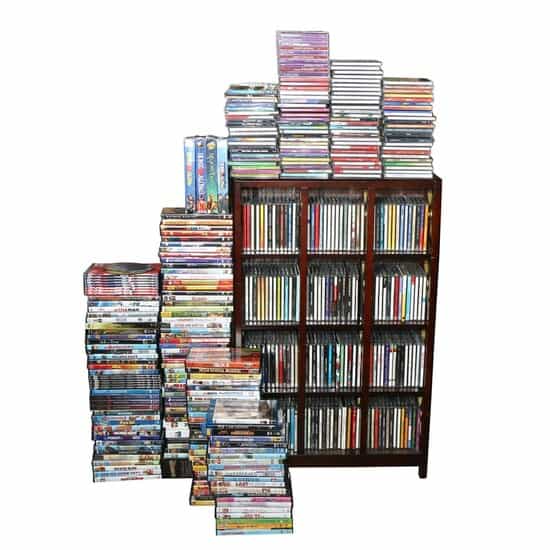
There are many other examples of physical stuff you owned that are now services, like mail, photo albums, and maps.
Focusing on the core business
In organizations, we see the same development. Things that used to be owned are now services. Owned datacenters, the software that runs on them, and the staff that maintained them are now cloud services of many different flavors, like:
- Software-as-a-Service
- Platform-as-a-Service
- Infrastructure-as-a-Service
Functions like reception, support, and economy are no longer necessarily "owned" by the company but a service bought from other companies.
The overall trend is companies going back to core business. Everything that is not core is turned into a service. Capital expenditures, CAPEX, are turned into operational expenditures, or OPEX.
Servicification – try to say that fast
The word to use, if you want to check that your tongue is fully functional, is servicification, meaning the transformation or encapsulation of existing processes or systems into one or more discrete services.
It consists of selling and buying, solutions and outcomes rather than tangible products. Rather than executing a one-time sell, manufacturers are finding ways to “servitize” their products.
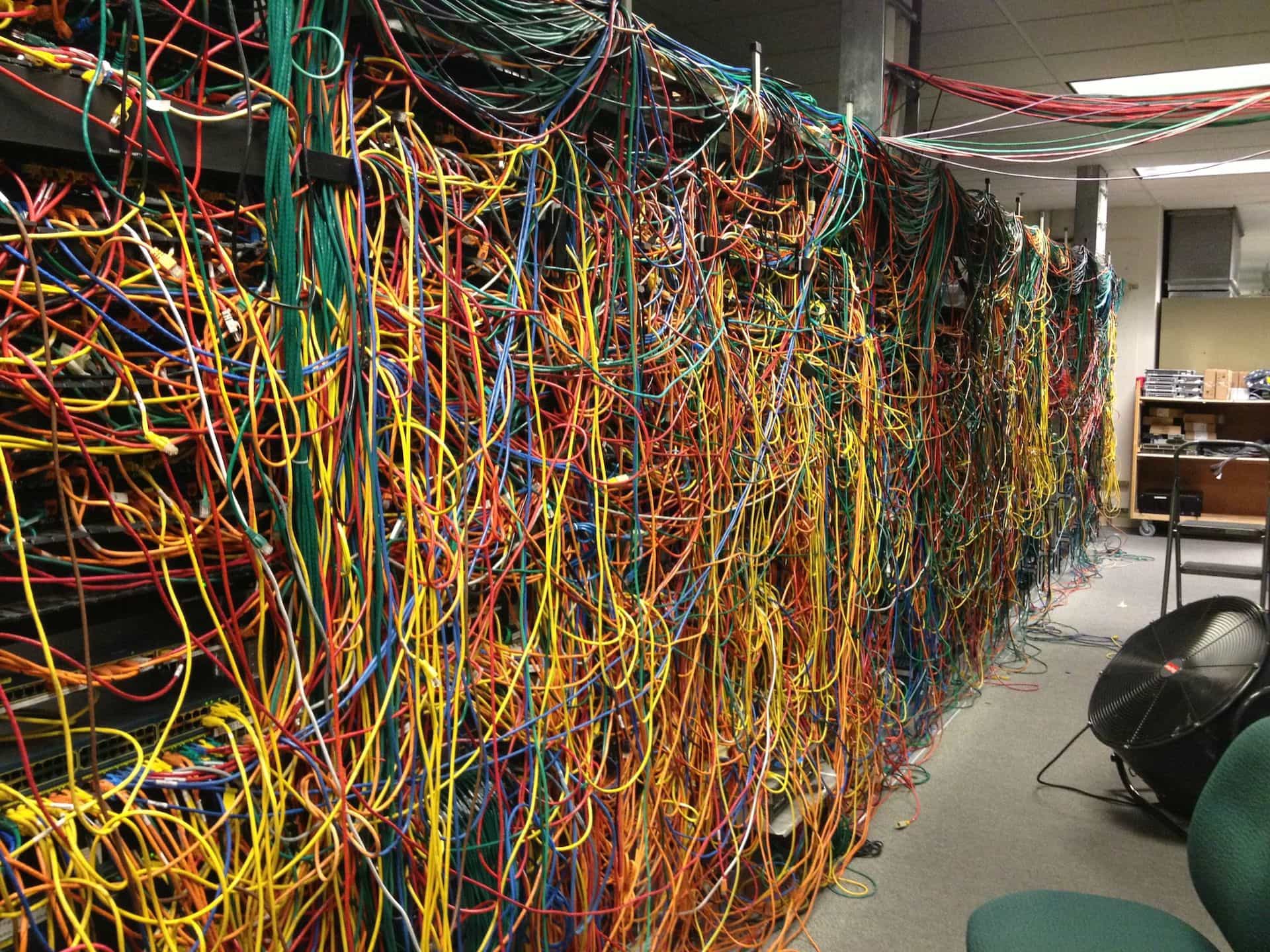
💡 The Optimist’s Edge
We are still at the very beginning of an accelerating shift towards services. Knowing this gives you an edge. But how can it be more thoroughly explained?
The 6 Ds of Digital Disruption
One great way to describe this development is through the "6 Ds of Digital Disruption" originally coined by Steven Kotler and Peter Diamandis in the 2015 book Bold: How to Go Big, Create Wealth and Impact the World.
Music, games, books, and movies. All the examples above, and many more, have gone through these stages.
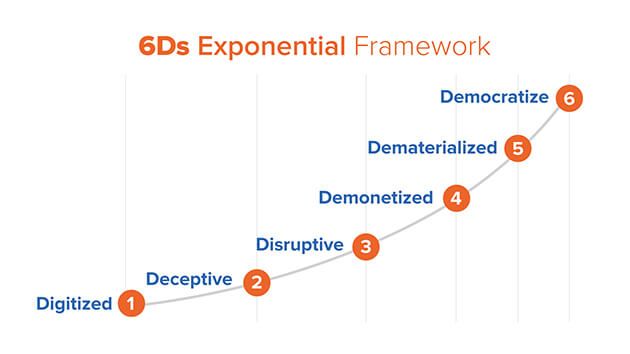
1. Digitization
This is the stage in which information is reproduced and shared via some digital platform. The data is first converted from physical to digital. Going digital means that the information becomes easier to share and replicate.
The internet itself serves as a good example of how digitization works. Netflix, Spotify, and all the other platforms that make the development of services possible are based on it.
Before the internet, knowledge, and learning were largely confined to books, and therefore people were limited by both the scope of books and their availability. The internet changed all of this, making information digital and as a service. With the physical limitations removed, people were suddenly given easy, quick access to a nearly infinite stream of information on any subject imaginable.
2. Deception
This is the phase in which a new technology takes some time to grow. At this stage, new tech may not seem very impressive or useful. According to Kotler, this happens when a new tech trend experiences a lot of “hype in the beginning” but fails to pick up much traction. This slow start is often only an illusion. Small increments of growth begin to add up over time.
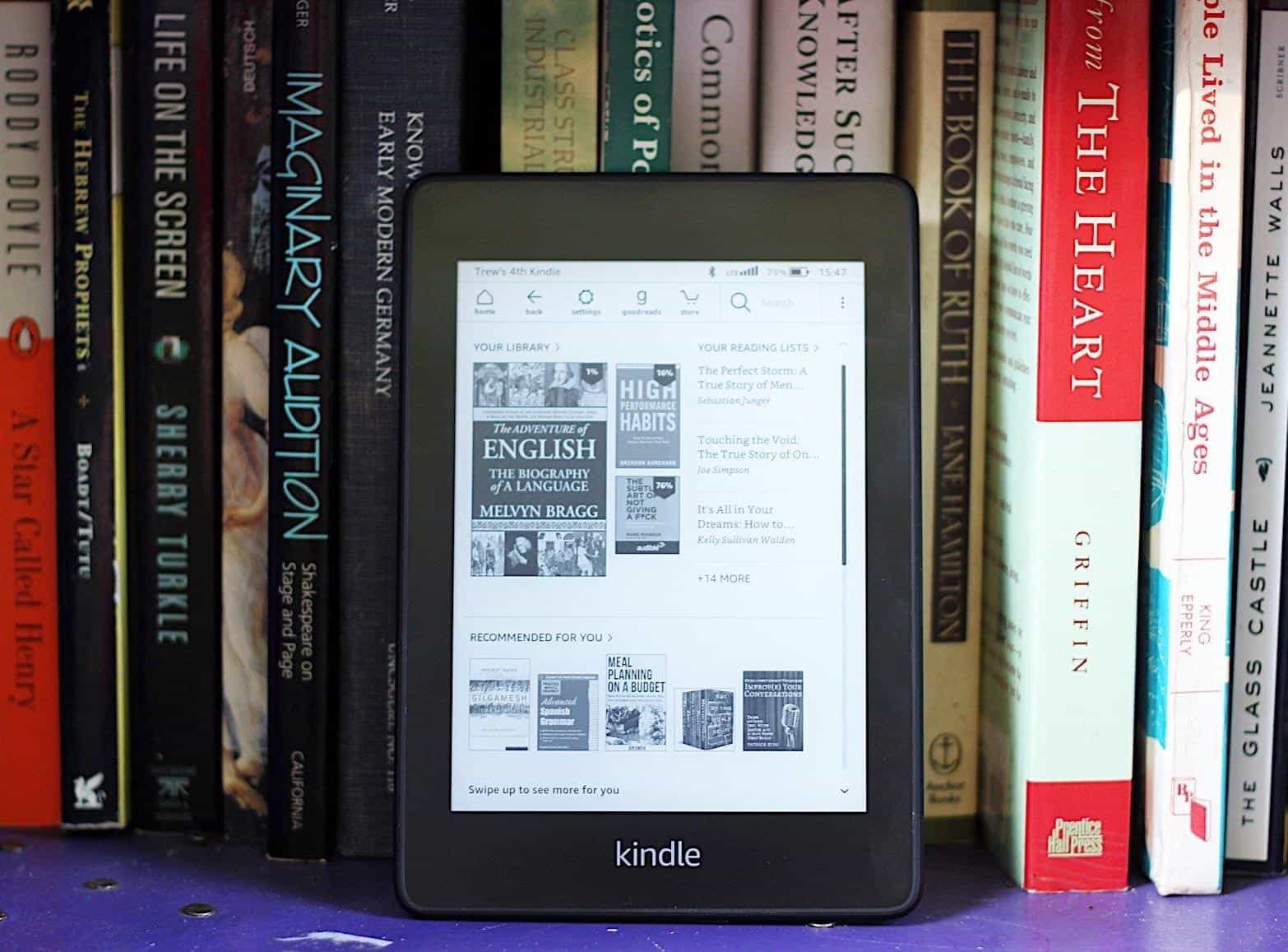
For example, when e-readers became available in the late 1990s, they failed to get much consumer attention. Over the next few years, a few more e-readers were launched, with little interest in the marketplace. To the casual observer, it seemed as though the e-reader was destined to fail. But, in 2007, Amazon released the Kindle, along with an online store packed with thousands of e-books. Almost overnight, something that was once a niche interest with a few enthusiasts exploded into a global phenomenon.
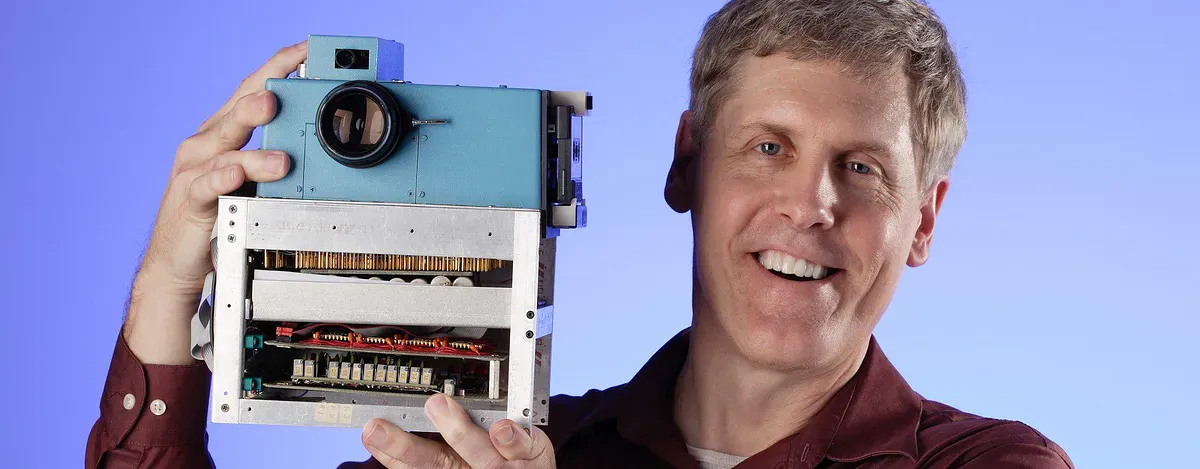
3. Disruption
In the disruption phase, established habits and practices are transformed by a new technology entering the social or business stratosphere. As people start using technology more and more, they realize that it has the power to improve their lives or optimize their jobs. Suddenly, the traditional systems and practices become obsolete and irrelevant.
One example of disruption is mail shifting into e-mail. From a physical "owned" thing to a digital service.
4. Demonetization
Demonetization means that something is radically reduced in cost through the use of digital technology. This occurs because the digital version of an item costs less to produce, and the devices people use to access digital information become increasingly prevalent and affordable.
How much do you have to pay for a map today? Nothing. It's a digital service you can use for free.
5. Dematerialization
Dematerialization means that physical technologies are transformed into immaterial mediums. This is the fuel that powers digitization, creating compact, lightweight tech capable of holding an enormous amount of information while offering enhanced functionality.
Once a technology enters into the dematerialization phase, turning into a service, it becomes accessible and actionable in a way that the material version never could.
The average smartphone, for example, acts as multiple devices in one. A smartphone serves as a telephone, computer, high-definition camera, GPS, and much more — all contained in one device, small enough to fit your palm.
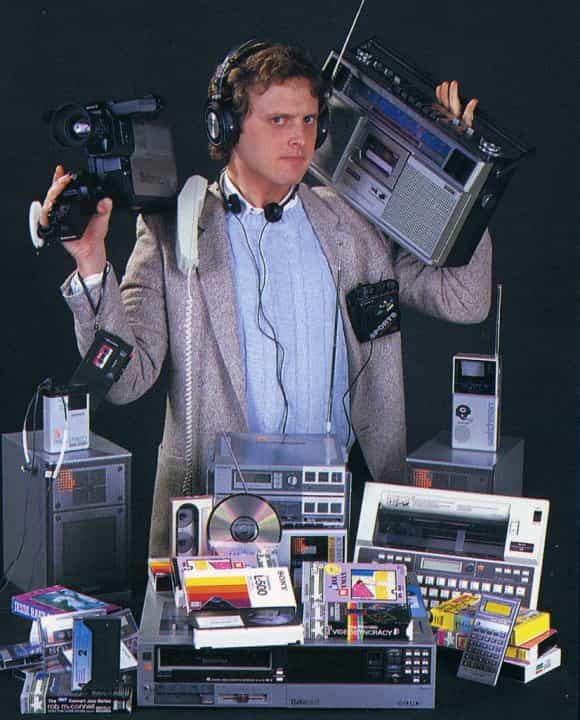
6. Democratization
Lastly, once something becomes digital and eventually demonetized, it essentially becomes available as a service for use by anyone.
At this stage, small business "Davids" can go up against the corporate "Goliaths," No matter if you live in a hut in the Namibian desert or on Park Avenue in New York, you can access the same information.
Because digital services are accessible and economical, companies and individuals no longer need a vast reservoir of resources to provide products and services. The playing field is leveled, and the marketplace becomes much more democratic.

Fully digital and part physical
Everything that can go digital will go digital. When it does, it will most likely follow the 6 D trajectory, and it will happen faster than you think.
For stuff, like music, that can go fully digital, the development is very fast. For stuff that, for some reason or another, has to be part physical, it will go slower. But once it reaches the disruptive phase, the shift will be massive.
Now, let's check out how you actually get the Optimist's Edge by understanding this development.
👇 How to get Optimist's Edge
The train already left the station, right? All the "big" things that can become a service have already done so, like music, movies, etcetera. Wrong. The shift has only started.
What we own today that will soon be a service
The opportunities have never been bigger. The shift has begun, but that also means that there is more maturity in the market. People have started the shift in mindset already.
Services are emerging in pretty much every market.
Tools-as-a-Service
One great example is gardening and power tools. They are quite expensive, but most people buy them anyway and then use them once or twice a year. These tools would be smart to have as an accessible service instead, right?
This is what Husqvarna's "Grannboxen" is about. It's a sharing service where up to 25 households subscribe to a tool shed. The box is filled with electric and battery-driven tools from Husqvarna and Gardena and placed in one of the subscriber's gardens for easy access.
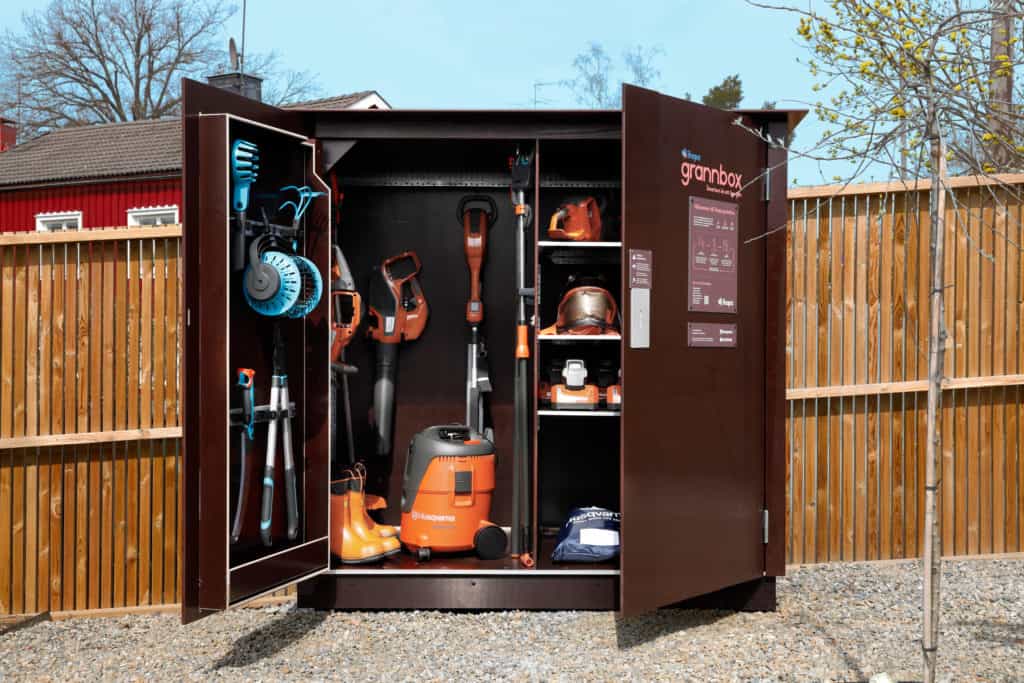
Baby clothes-as-a-Service
Children grow so fast. When they are small, they outgrow clothes in a month or two. But there is a service for that.
Bundlee is the UK’s first baby clothes rental service. They’re built on the premise of ethical clothing and aim to reduce waste caused by parents overbuying clothes. With the Capsule Subscription, you get a box containing 15 pieces of baby clothes.
Bundlee doesn’t require you to return the clothes on any specified date. It’s not a weekly or monthly cycle. Instead, you’re free to return them once your child outgrows them. Upon returning, Bundlee sends your next box to you, with clothes one size up.
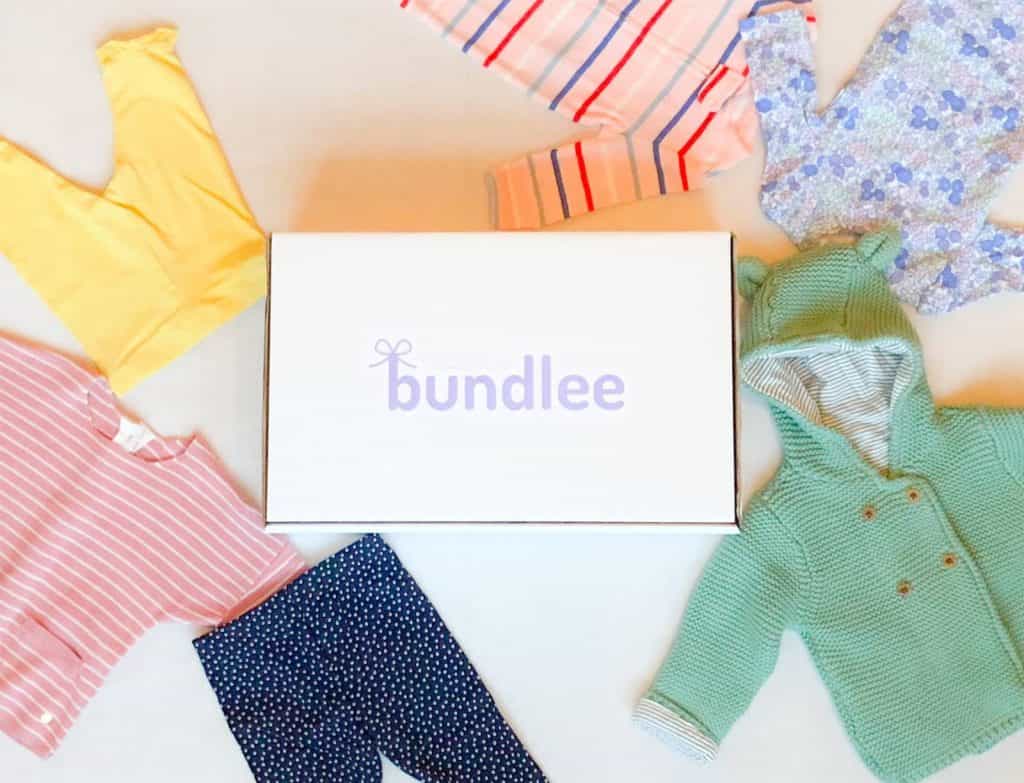
Logistics and Water-as-a-Service
On a grander scale, we see the beginning of a massive shift from owning to "as a service" within everything from logistics to water. Swedish Einride will provide its autonomous electric trucks as a service.
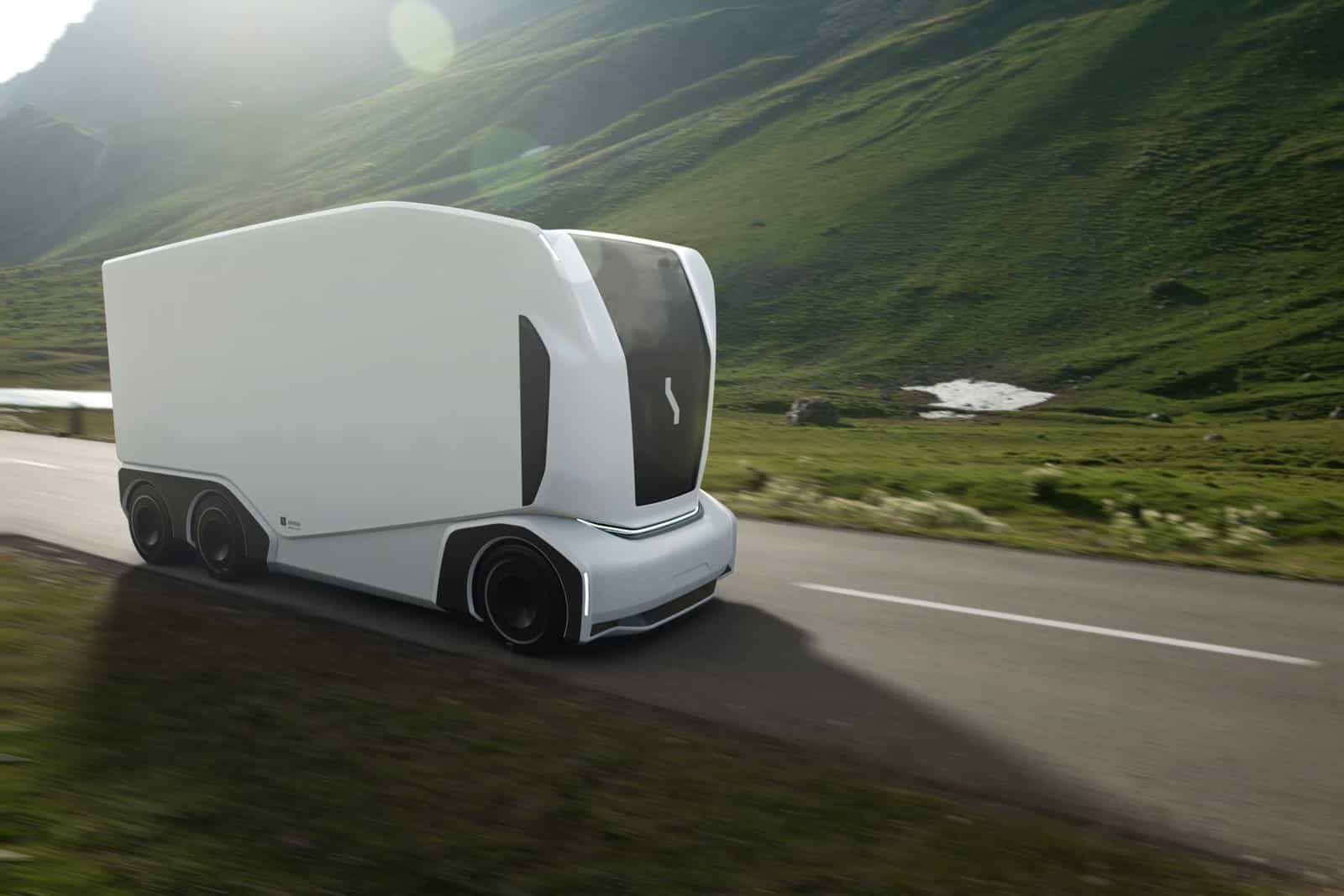
Wayout, also a Swedish company, is getting ready to provide clean drinking water as a service more or less anywhere in the world where there is a water source.
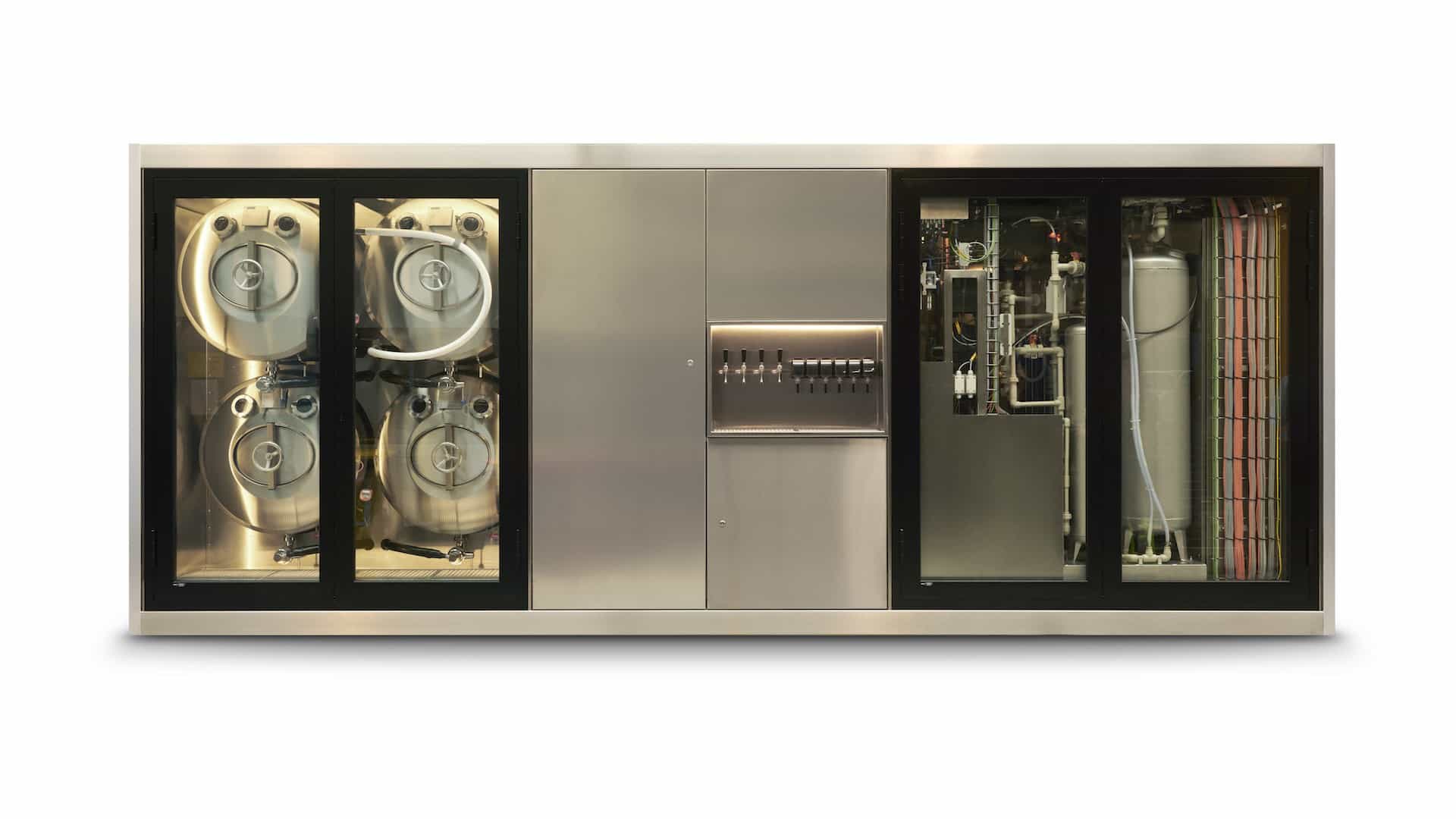
Incentive shift – from wear and tear to sustainable stuff
A lot of things happen with this shift towards services. One of the most interesting aspects is that producers now get a strong incentive to create stuff that lasts. What was once a viable business model, wear and tear, now goes obsolete.
The baby clothes have to last many washes, and the trucks last many miles for the business model to be viable. Quality is a higher priority than quantity.
Moving towards a service-based economy also means moving towards a more sustainable economy.
What doesn't become a service?
Despite the headline, everything will not become a service. The edge also includes understanding what will keep getting owned:
- Investments and all things that gain value. In many countries, this means housing. As long as the prices in the housing market increase faster than inflation, the shift towards renting, "Housing-as-a-Service," will be slow or non-existent.
- Stuff of nostalgic or emotional nature. Even if it has low or little value, things such as antiquities will not become a service as long as it has emotional value.
- Hygenic or intimate products. Underwear-as-a-Service will not go the same route as baby clothes, neither will vibrators. Most likely, not even the most thorough cleaning regimen in the world will change that.
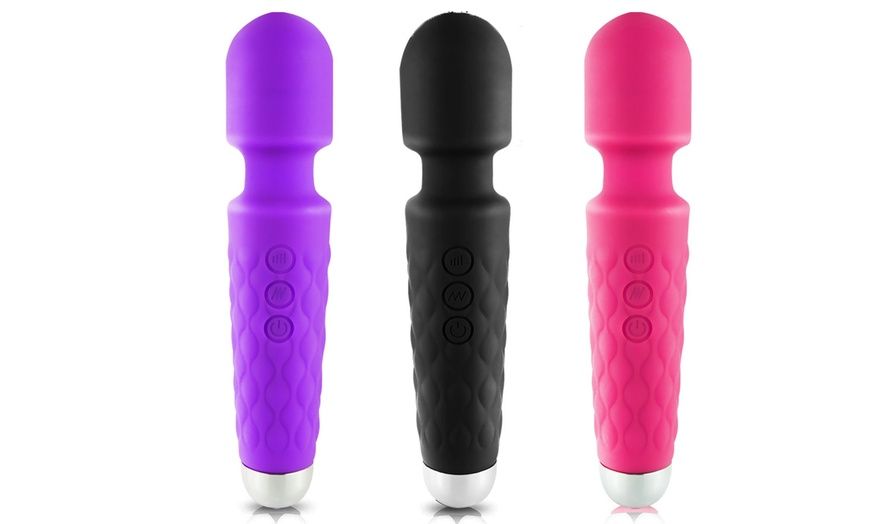
With that said, reading all the way here, what do you think will become a service? What would YOU prefer was a service instead of something you owned?
Looking at this massive trend, what ecosystems will be required to deliver all these services? What services could you provide?
You now have an edge because you have gained this knowledge before most others – what will you do with your Optimist's Edge?
❓ What more can you do?
Please share more ideas with your fellow Premium Supporters in our Facebook group.
By becoming a premium supporter, you help in the creation and sharing of fact-based optimistic news all over the world.


